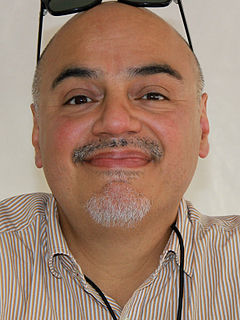A Quote by E. L. Doctorow
A novelist is a person who lives in other people's skins.
Related Quotes
A wedding, people decide to get married, it comes out of such love for one another and then women can turn into these other people. They're planning something that's the biggest event they'll ever plan in their lives and it turns them into this other person, so it's not totally the guy's fault that he's feeling disconnected from this person.
Most people will agree that they would like if they were treated by other people based on what they have concretely done in their life, not what other people have done, with their lives. Focusing on being a person instead of an Asian or an anything seems to promote a worldview that encourages people to treat others based on what each person has specifically done in their life, which seems like it would reduce such things as war, racism, unfairness, "hate crimes".







































